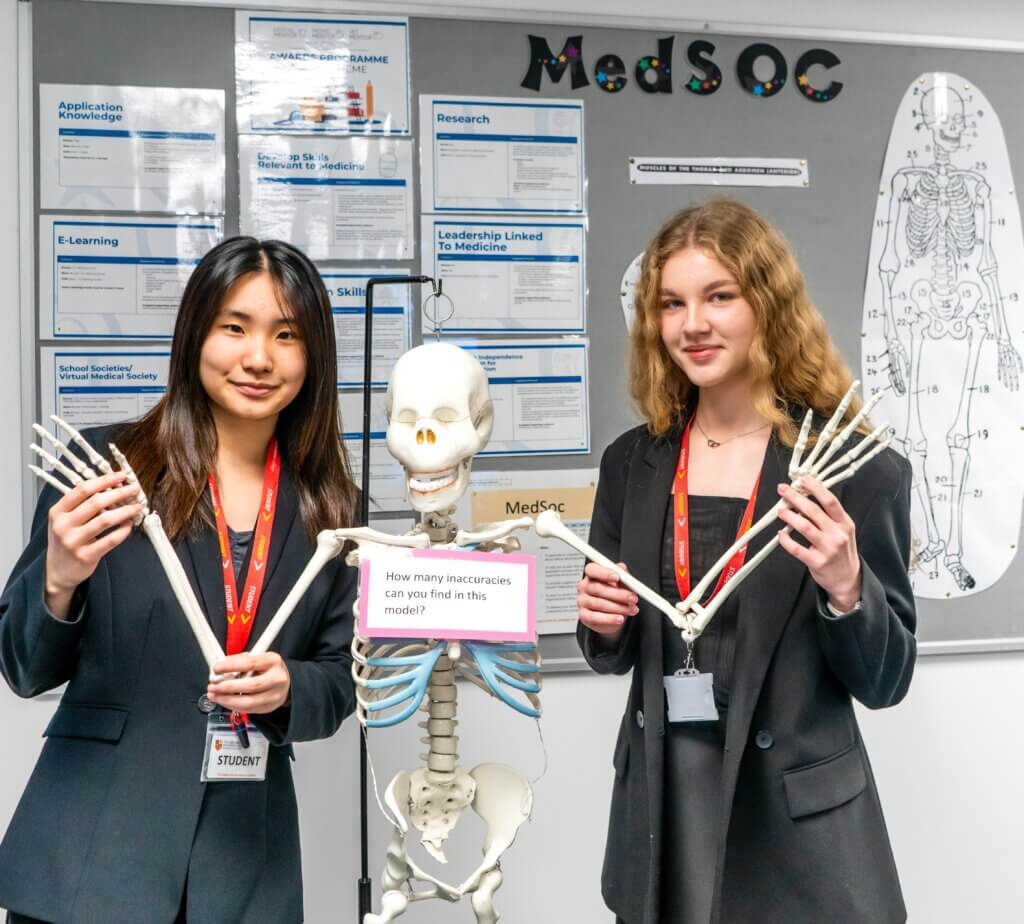In India, most graduates with a bachelor’s degree focus on building hard skills in the hope that this will lead to a higher probability of employment. While an undergraduate degree can lead to meaningful employment, there is a difference when one compares the role of an employee with a postgraduate degree to one who has an undergraduate degree alone. According to the UK Department of Education’s Graduate Labour Market Statistics 2017, “postgraduates have much greater high-skilled employment rates, with 86.4 percent of all working-age postgraduates in high-skilled employment compared to 66.0 percent of all working-age graduates.” Along with this, the US Bureau of Labor Statistics reports that the jobs that require a master’s degree have a projected growth rate that is faster than average or much faster than average than an undergraduate degree.
In addition, the All India Survey on Higher Education (2019-2020) estimates that approximately 79.5 percent of the Indian student population is enrolled in an undergraduate programme. With such a large employable population, you will need an added advantage when it comes to skills and knowledge to stand out to employers and have greater job security. By adding an additional qualification or proving your proficiency in a particular field through a postgraduate degree, you can showcase advanced domain knowledge and negotiate a better position and salary. A master’s degree can also help you gain some skills required in case of a career transition.
While your postgraduate education can pave the path for future success, it also allows you to build other skills that may help you to get that offer letter. If you can leverage the opportunities on campus and be proactive, you will be able to land internship opportunities and subsequently, a full-time job offer upon graduation.
Here are some opportunities you can leverage to land an internship or job:
1) Connecting with the alumni network:
Most colleges have an extensive alumni network that is already in the workforce in the local economy and globally. These professionals can provide assistance as a mentor or even put you in contact with HR managers.
2) Visiting the career cell:
The career and counselling services department can advise you on your future and enable you to make informed decisions. Apart from this, you can find out about current openings, get assistance with your resume, participate in workshops and career fairs and even receive interview advice.
3) Looking at research opportunities:
You can enhance your education by undertaking a research opportunity during your time at college. This will not only catapult your understanding of the subject but will also help you build key professional skills such as attention to detail, rigour in documentation and time management.
4) Knowing the visa regulations:
It is important for you to stay up-to-date on the country’s current visa rules. By doing so, you will be aware of deadlines for extensions, the documents required and the process of applying for an extension. This ensures that you will be ready to be recruited upon graduation and also displays your foresightedness–a trait appreciated by recruiters.
To be able to engage with your college community and enhance your experience, it is imperative that you can cope with the academic rigour on campus. Doing well in class means that you have enough time available to indulge in co-curricular and extracurricular activities, some of them highlighted above. Finding the right fit for you is paramount.
If you require further assistance in discussing your profile, finding the right programme for you, help with writing your statement of purpose or have any other questions, get in touch with us.




